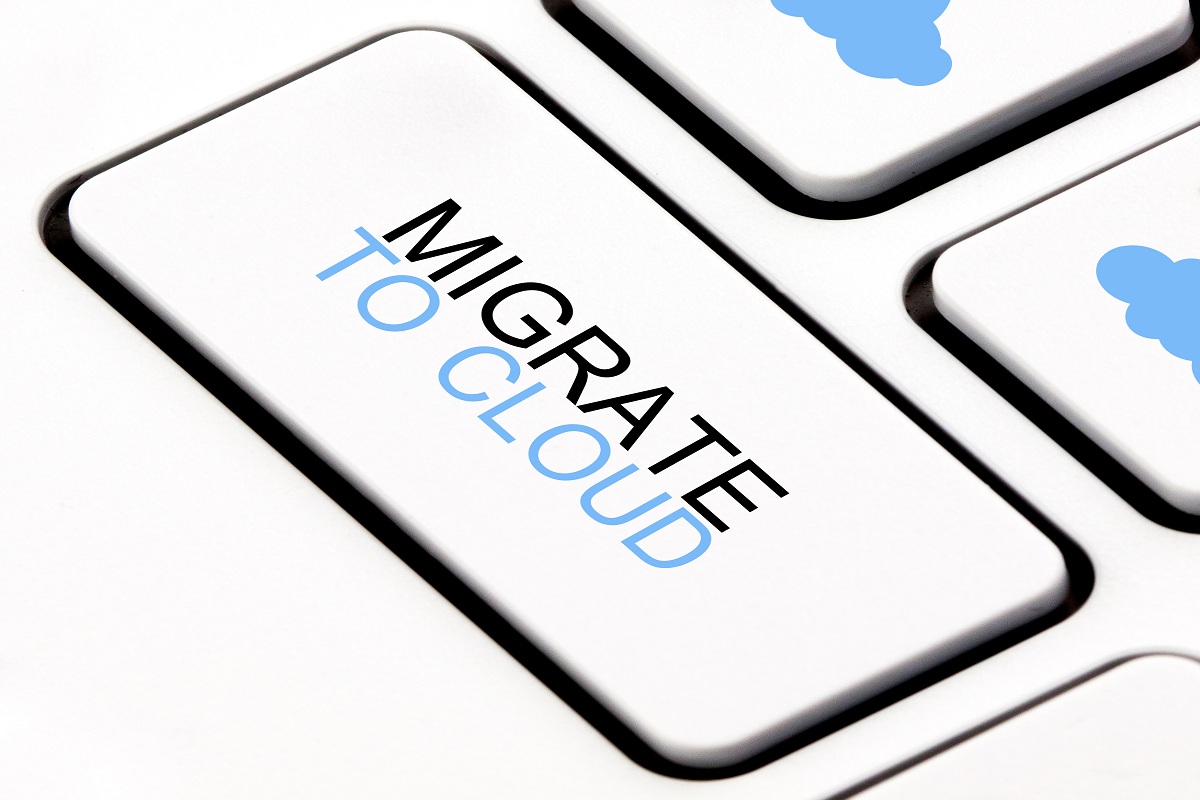Why 2013 won't be the year of the cloud
Last year saw cloud make its way into the enterprise, but talk of a year of the cloud may be misguided, argues Maxwell Cooter.


It's almost obligatory within the media to use the start of a new year as an excuse to look back on the previous one and sum up what it's been like.
For the past three or four years, there's been a belief that we're on the precipice of "The Year of the Cloud", but it's not something that's easily defined.
Is this when the majority of workloads are running in the cloud? We're clearly nowhere near there. Is it when the majority of new workloads are running in the cloud? Nope. We're not there either. Or, is it that cloud is now something considered by every CIO? Again, that's not happeneing at the moment.
Looking back on 2012, it's not true to say that we finally reached "The Year of the Cloud" but we certainly saw a sea-change in the attitude of many companies.
There are still lots of organisations out there with major concerns (and nagging security worries) about public cloud, but there are also firms who are willing to look at cloud as an option.
Looking back on 2012, it's not true to say that we finally reached "The Year of the Cloud".
It's a phenomenon that's been noticed. In his end of the year summary, Forrester cloud guru James Staten says that, "as the end of 2012 approaches there is one clear takeaway about the cloud computing market enterprise use has arrived."
Get the ITPro daily newsletter
Sign up today and you will receive a free copy of our Future Focus 2025 report - the leading guidance on AI, cybersecurity and other IT challenges as per 700+ senior executives
Of course, this was heralded a few years back. In a famous prediction, Gartner said that by the end of 2012, 20 per cent of businesses will own no IT assets and rely entirely on IT from the cloud.
We've not reached that stage yet, but the market watcher claims the public cloud services market will have grown 19.6 per cent by the end of 2012 to be worth $109 billion worldwide.
One problem that has bedeviled 2012 - as it did in 2011 - is that of cloudwashing. There are too many companies who define what they're doing as cloud even when it's not.
While we're still waiting for cloud to be the dominant delivery mechanism in most modern businesses officially at least, there's plenty of evidence that cloud computing is making its presence felt in other parts of the business.
In fact, if 2012 proved to the year of anything it's the year of the shadow cloud the use of cloud computing outside the purlieu of the IT department.
No-one really has any grasp of how much cloud is being used by large firms that have been provisioned outside the IT department, but there's plenty of anecdotal evidence that most now have some IT instance the CIO does not yet know about.
In the UK, one of the biggest drivers for change has been the implementation of the government cloud apps procurement hub, CloudStore. This has provided a cheaper option for many public sector organisations
It's instructive to note that while many private sector companies have moved away from seeing cloud as a means of saving money - instead talking up the flexibility it offered - public sector organisations are pre-occupied with keeping costs down and cloud could play a big part in this process.
Max Cooter is a freelance journalist who has been writing about the tech sector for almost forty years.
At ITPro, Max’s work has primarily focused on cloud computing, storage, and migration. He has also contributed software reviews and interviews with CIOs from a range of companies.
He edited IDG’s Techworld for several years and was the founder-editor of CloudPro, which launched in 2011 to become the UK’s leading publication focused entirely on cloud computing news.
Max attained a BA in philosophy and mathematics at the University of Bradford, combining humanities with a firm understanding of the STEM world in a manner that has served him well throughout his career.
-
 Should AI PCs be part of your next hardware refresh?
Should AI PCs be part of your next hardware refresh?AI PCs are fast becoming a business staple and a surefire way to future-proof your business
By Bobby Hellard Published
-
 Westcon-Comstor and Vectra AI launch brace of new channel initiatives
Westcon-Comstor and Vectra AI launch brace of new channel initiativesNews Westcon-Comstor and Vectra AI have announced the launch of two new channel growth initiatives focused on the managed security service provider (MSSP) space and AWS Marketplace.
By Daniel Todd Published
-
 Google Cloud wins tender with Israeli judiciary
Google Cloud wins tender with Israeli judiciaryNews After winning the Project Nimbus tender with the Israeli government last year, the Rabbinical Court will also use the tech giant’s cloud platform
By Zach Marzouk Published
-
 Copyright law overhaul to make ripping CDs legal for private use
Copyright law overhaul to make ripping CDs legal for private useNews However, Government quick to remind users they must own the content to avoid falling foul of copyright law.
By Caroline Donnelly Published
-
 Government encourages 'cloud-first' strategy against backdrop of G-cloud iii launch
Government encourages 'cloud-first' strategy against backdrop of G-cloud iii launchNews Cloud should be first port of call from now on, according to Cabinet Office.
By Jane McCallion Published
-
 Government reveals Cloudstore 2.0 facelift
Government reveals Cloudstore 2.0 faceliftNews Government launches new version of its Cloudstore, allows public organisations to make direct purchases.
By Rene Millman Published
-
 Government CloudStore open for business
Government CloudStore open for businessNews The Government's CloudStore is now open for business, a move that will shake up public IT.
By Max Cooter Published
-
 Cloudy Government store to offer 1,700 services
Cloudy Government store to offer 1,700 servicesNews Despite early predictions of just 50, the director of the G-cloud reveals the number of services has rocketed since the tender.
By Jennifer Scott Published
-
 Local Government: We don't care about G-Cloud... yet
Local Government: We don't care about G-Cloud... yetNews G-Cloud isn't too popular amongst local authorities right now, but the project's momentum could galvanise excitement later this year.
By Tom Brewster Published
-
 G-Cloud tender extended again
G-Cloud tender extended againNews The Government announces the '12 days of G-Cloud' to give extra time for companies to submit their tenders.
By Ross Kelly Published